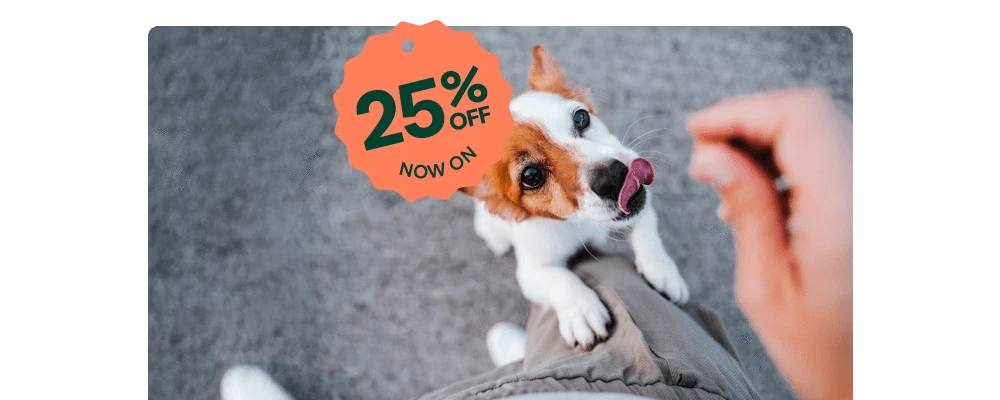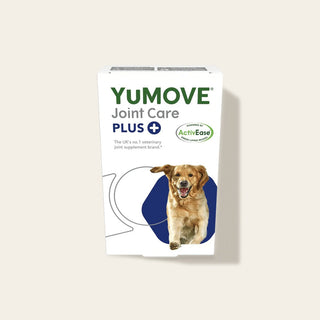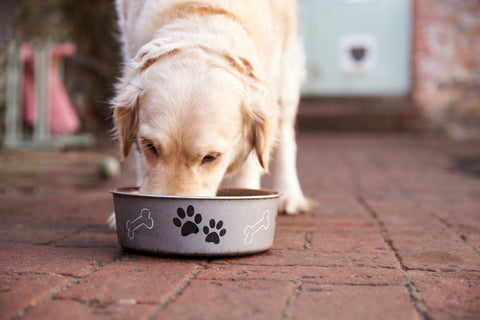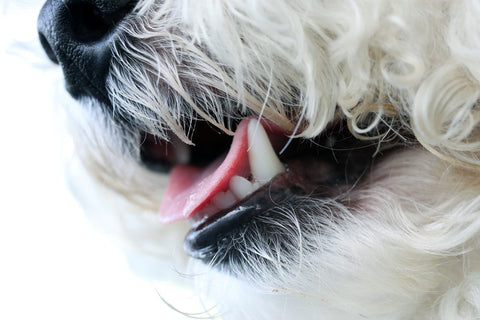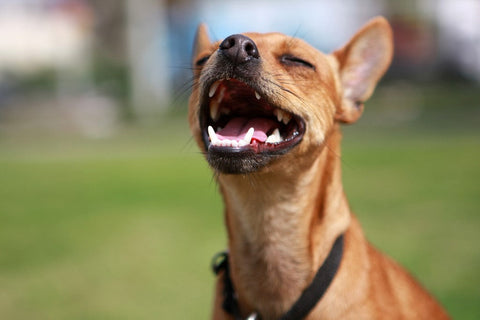
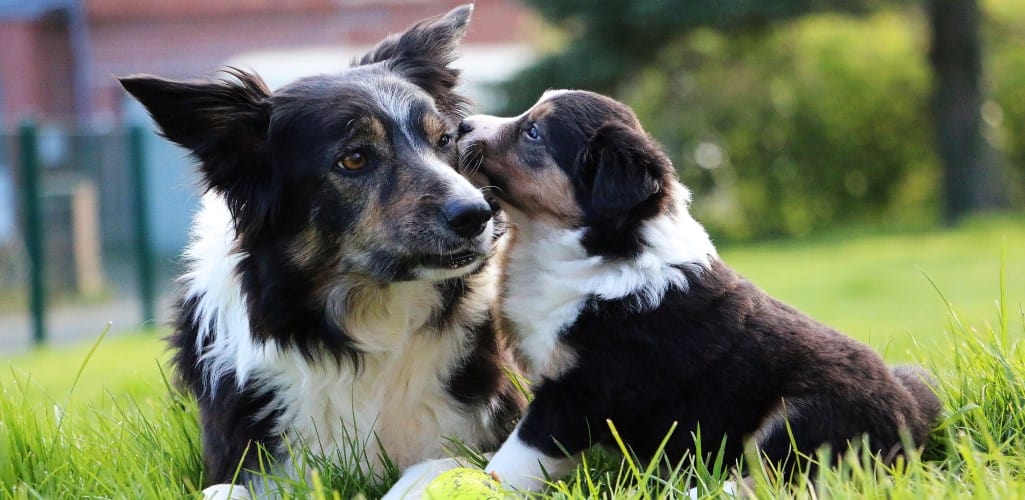
Tips for households with a puppy and a senior dog
There’s a variety of reasons you might bring a puppy into a household with an older dog. From giving your senior a new lease of life, to simply providing a new companion for all the family. But how do you effectively manage two dogs under one roof, especially when there’s an age difference to contend with? Here are some ideas…
Keep walkies separate
Canine siblings can enjoy some walks together, but these should be kept short and sweet and only happen now and again. Ultimately, you may find the pace mismatch problematic, with your pup racing ahead and your senior dog lagging behind (perhaps it's time to consider senior dog joint supplements.) While shared walks can be great for bonding, it’s a good idea to keep things separate for the most part, so each dog can make the most of the exercise and fresh air in their own way.
Ensure your older dog gets some peace!

Your senior pooch may respond well to your new arrival, but that’s not to say that an older animal won’t get grouchy from time to time! That said, when your senior dog is doing something like napping or eating, we’d recommend distracting your puppy with a toy or a cuddle, and leaving your older pooch to it.
Give them different ‘zones’
Set up a safe, relaxing space for each pooch in different areas of the home. Somewhere they can comfortably snooze, cuddle up to a favourite teddy or play with a toy. Fill the space with items they recognise as theirs, and encourage some calm solo time every now and again.
It’s ok to play!

An older dog and a puppy playing together can be a lovely thing to witness, but there are things to be aware of. If your younger pup is being too rough with your older dog, step in and give the senior a break. After all, he or she will tire much more easily than the pup, and you wouldn’t want to be putting too much strain on stiff joints. Equally, be mindful of an older dog that ‘teaches’ a younger one. Warning growls, a quick swipe or a push to the floor are totally normal behaviours. But if things go too far, then you’ll naturally need to intervene, so stay close.
Prepare for sad times later on
Two dogs in one household can establish a deep bond, and when one crosses over Rainbow Bridge, it can be heart-breaking for the pup that’s left behind. Dogs mourn in much the same way as humans, and can become withdrawn and depressed, with loss of appetite and little desire to play or exercise. It pays to be prepared for this, and learn to spot the signs that help is needed.
Do your household pets have a unique bond? Share your sibling stories and snaps with us on Instagram and Facebook!
